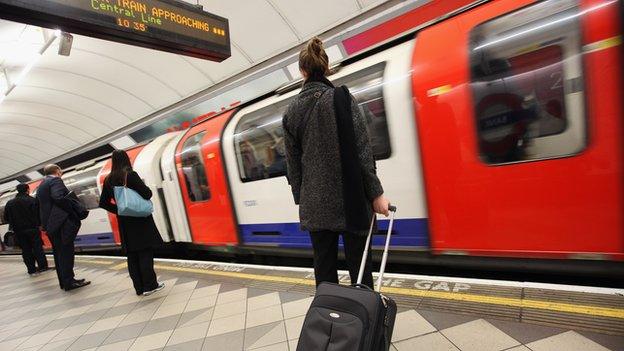RMT union joins 24-hour Tube strike on 5 August
- Published
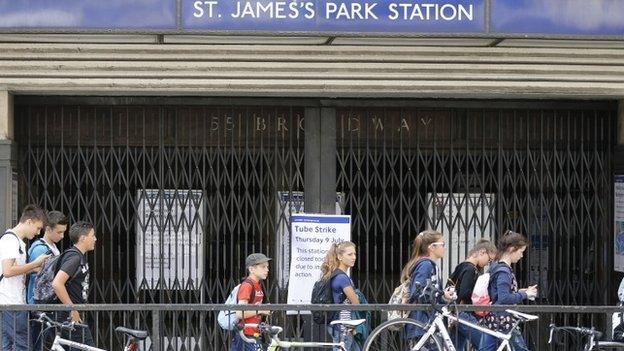
Last week's industrial action closed the entire Tube network
A third union has said its members will join a second London Underground strike in a dispute over night Tube plans.
The Rail, Maritime and Transport (RMT) union said members would join a 24-hour walkout from 21:30 BST on 5 August.
On Monday, Aslef and Unite announced they would go on strike. Last week's strike closed the entire Tube network.
The Transport Salaried Staffs Association (TSSA) has not confirmed whether it will take part.
Unions are unhappy about pay and shifts for the overnight service, which is due to start on 12 September.
RMT general secretary Mick Cash said: "Workers in all grades are furious at the attempt to rip up long-standing agreements in an effort to bulldoze through these wholly unacceptable new working patterns.
"RMT also remains in dispute over the parallel issue of the axing of 850 station staff jobs, cuts which make a mockery of the safe delivery of the night tube in just a few weeks time."
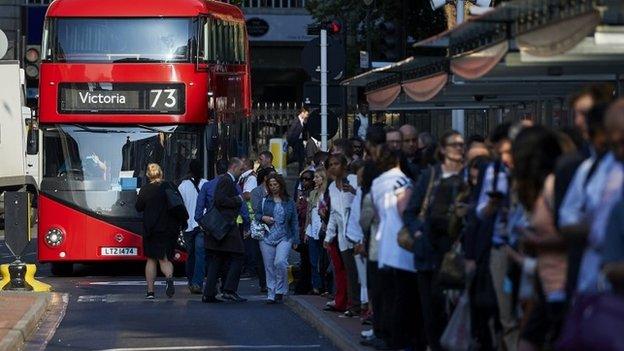
Members of the RMT union, TSSA, Unite and Aslef were all involved in last week's strike
Talks between the four unions and London Underground (LU) at the conciliation service Acas were held earlier.
An Acas spokesman: "All the parties involved in the London Underground dispute have begun exploratory talks at Acas this morning."
Members of the RMT union, TSSA and Unite started their 24-hour strike at 18:30 on 8 July, while Aslef drivers started their 24-hour action from 21:30.
The row is over a 2% average pay rise offer for LU members and workers' terms and conditions linked to plans to introduce an all-night Tube service on the Jubilee and Victoria lines and and most of the Central, Northern and Piccadilly lines.
Last week's strike saw long delays and rush hour began earlier than normal as commuters tried to find alternative ways to get to and from work.
Millions of passengers walked, cycled, and took the bus and river services. Car booking firm Uber was criticised for its price surging practice as fares increased many times the normal price amid elevated demand.
London Mayor Boris Johnson condemned the strike as "unnecessary" and transport secretary Patrick McLoughlin urged workers to accept the offer made by London Underground.
- Published13 July 2015
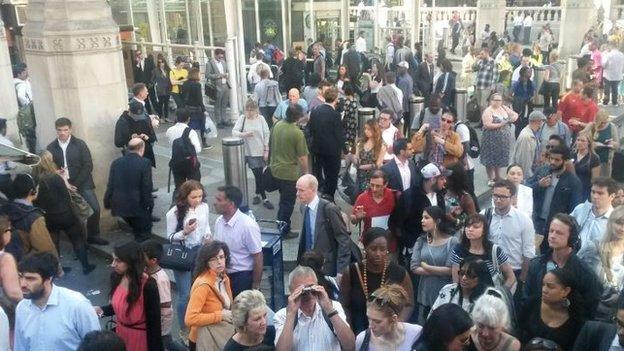
- Published9 July 2015

- Published9 July 2015
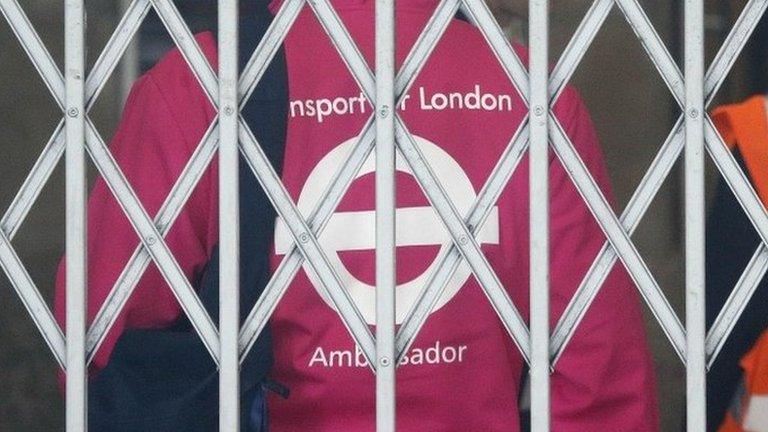
- Published9 July 2015
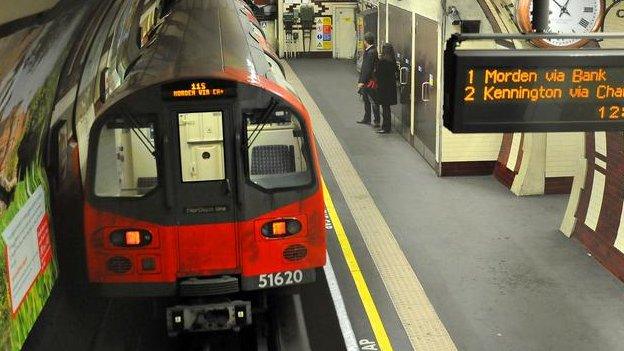
- Published9 July 2015
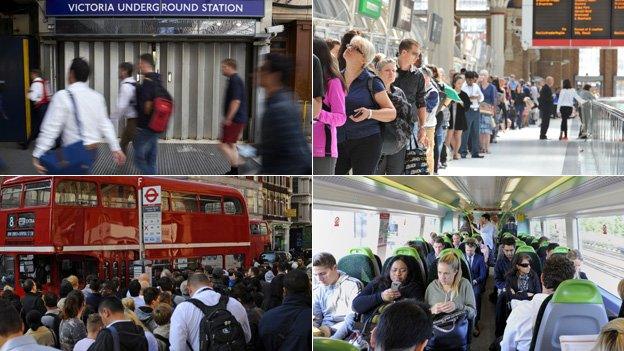
- Published8 July 2015
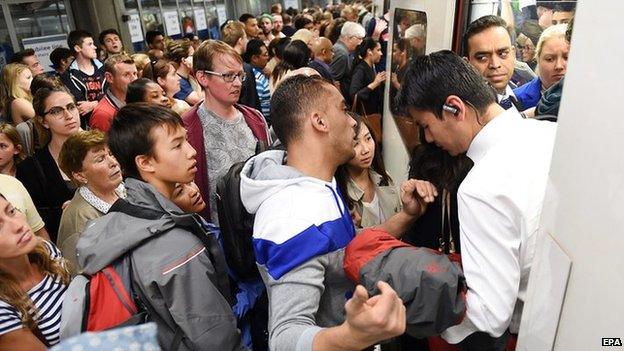
- Published22 June 2015
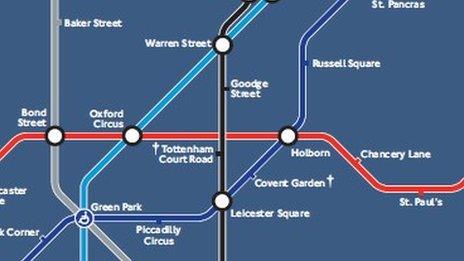
- Published16 June 2015
